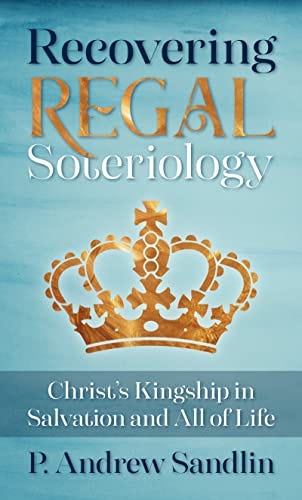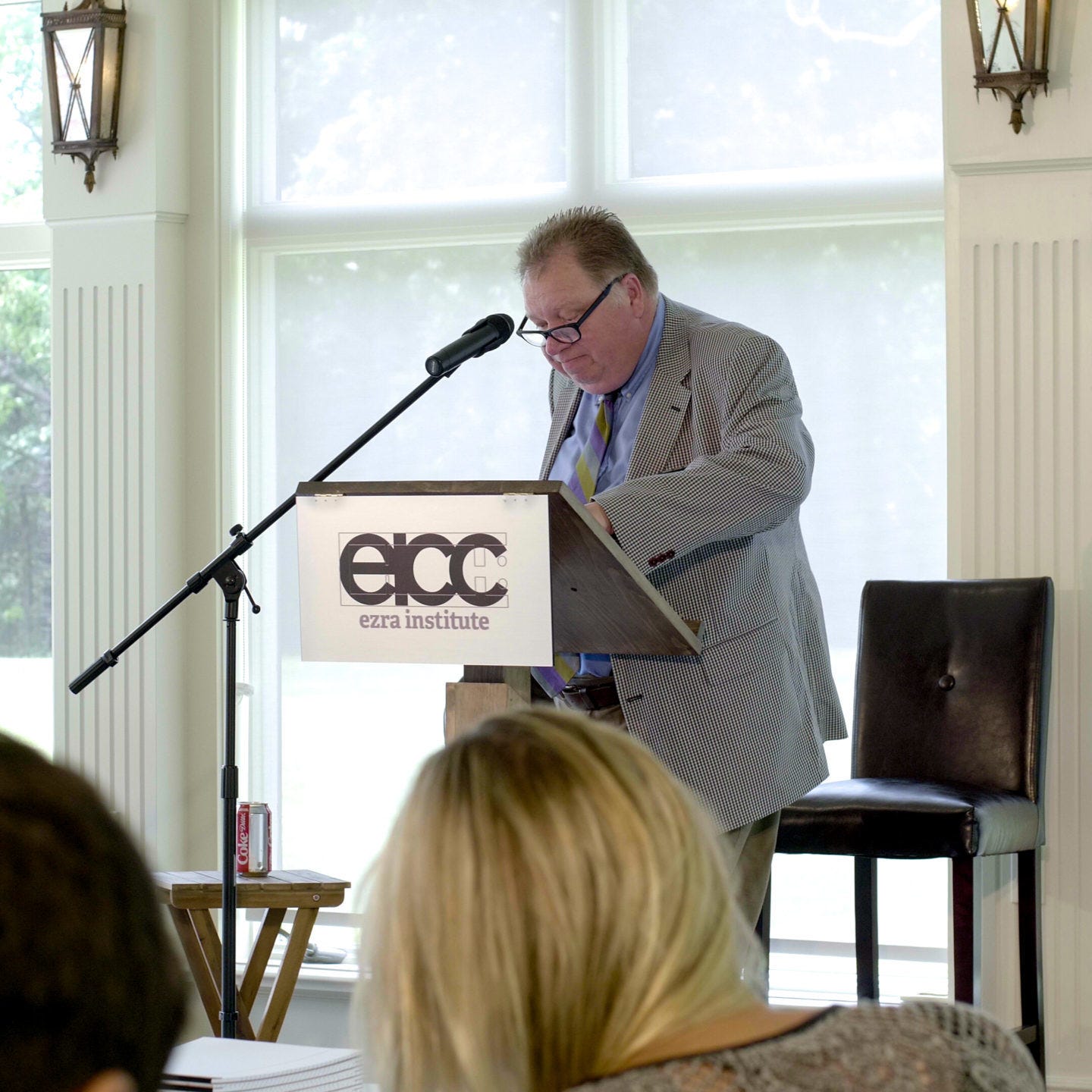Liberalism's Funeral
True liberalism holds much more in common with modern conservatism than either does with 21st century progressivism.
Dear friends and supporters:
Since March 2020 I’ve produced this CultureChange e-letter every week, with rare exception. Since CCL’s content has roughly tripled in output over that period, I’ve decided that from now on this e-letter will be occasional, probably twice monthly. Thanks to you who faithfully read, and please keep forwarding this letter to anybody you think might benefit from it.
You can get additional content at my Amazon author page, YouTube channel, iTunes lectures and sermons, Facebook, Twitter, and various podcasts and zoom interviews. See also Brian Mattson’s The Square Inch.
Sociopolitical Liberalism As Protestantism’s Child
If you’re at least 40 years old and pay attention to sociopolitical developments, you might have noticed a fascinating nomenclatural shift the last two decades. During much of the 20th century, the chief division of political philosophies in the United States has been between conservative and liberal (these are not the same categories in England and the European continent). The chief U. S. political parties are Republican and Democrat, but the main political philosophies are conservative and liberal, and the parties do not precisely align with the philosophies.
Most historians of political ideas recognize that liberalism as a political philosophy (I’m referring not to theological but political liberalism) began as a result of the Protestant Reformation and its stress on the individual‘s unmediated relationship to God.1 The political implication of the Reformation included a generous carved-out space for individual liberty. Traditional societies tended to profoundly privilege the group: clan, empire, monarchy, and a static, hierarchical society. Sociopolitical liberalism wanted to respect groups in their place, but it recognized the priority of the individual. The United States went so far as to reverse the conventional priority by stating that the very reason governments were instituted was to protect individual liberty. This was unprecedented.
Because of that, liberalism was highly suspicious of consolidated power in a society, and this was almost always political power. This is why it demanded checks and balances on government, and we see that most graphically in the United States with its three branches of government; its federal system with a balance between the nation and the states; and, within states, counties and towns.
Liberalism 2.0
A big change in liberalism occurred late in the 19th century. At that time, consolidated power came to be identified with big business. This meant that liberals increasingly appealed to big government to counter big business. This is what Teddy Roosevelt’s trustbusting was all about.
Throughout the 20th century, and particularly with Franklin Roosevelt’s New Deal and Lyndon Johnson’s Great Society, liberalism became identified with what Stephen Holmes calls the “coercive/extractive” state. The state decides what is economically just, and it extracts taxes to enforce its idea of economic justice. This explains why many American liberals were at least sympathetic with Marxist economic theory, even if they deplored its radical implementation in the Soviet Union. American liberals wanted “economic justice” just like the Soviets did; they just wished it weren’t so mean and murderous.
(cont. below)
Recovering Regal Soteriology
Deeply entrenched ideas die hard, and this includes bad ideas, even (perhaps especially) bad ideas in Christian history. Examples abound, but one of the most prominent is the gradual shift from the cosmic soteriology (Jesus died and rose to redeem all creation) of the Bible to the individualized soteriology (Jesus died to save sinners) of the late patristic (early post-apostolic) church. In this way, it appropriated aspects of the Gnostic heresy that it formally condemned.
The Reformation recovered the biblical doctrine of grace alone in salvation, but it did not fully return to the Bible’s cosmic soteriology. It basically substituted accent on justification by faith alone for preoccupation with the sacraments as the means of salvation, but both sacraments and justification were interpreted in a highly individualized way.
Get the e-book here.
(cont.)
Failure of the Coercive/Extractive State
But a funny thing happened on the way to the 21st-century. The coercive/extractive state was shown to be a monumental failure, not just in the old Soviet Union, but in the United States as well. This failure came to the fore during the administration of Jimmy Carter. Ronald Reagan declared at his first inauguration: “[G]overnment is not the solution to our problem; government is the problem.” Even Bill Clinton, the new Democrat, declared in his second inaugural address, “The era of big government is over.” Truth be told, big government is not over, as we ourselves have learned during the latest Covid drama, but the explicit invocation of big government as a political philosophy is unpopular.
This means liberalism has become a dirty word. For this reason it has been expunged from the lexicon of the Left.
You might have noticed that the denizens of today’s Left almost never refer to themselves as liberals anymore. They wish to be called “progressives.” Progressivism is not a new philosophy, by any means, but when used in the recent context it is novel. (See “We're All Progressives Now.”)
Replacement of liberal by progressive is not merely semantic and strategic. Today’s Left is quite different from the left of FDR and LBJ and, in fact, even the Left of the 60s free-speech radicals.
Dueling Leftisms
This transformation is the theme of Barry Rubin’s insightful book Silent Revolution: How the Left Rose to Political Power and Cultural Dominance. Ruben, a liberal of the old-fashioned variety, surprises readers by arguing that true liberalism holds much more in common with modern conservatism than either does with 21st century progressivism.
He makes his point by observing how diametrically opposed major views of 20th century liberals are from 21st-century progressives. For example, Martin Luther King Jr., the quintessential 20th century liberal, argued for the colorblind society: he famously longed for the day when his children would be judged not by the color of their skin but by the content of their character.
Conversely, 21st-century progressives want people judged not by the content of their character but by the color of their skin: “systemic racism” and “white supremacy” means non-whites should be segregated and privileged. This is the very anti-liberal segregational mentality MLK was trying to crush.
The 60s free-speech movement at Berkeley and elsewhere wanted to give legal room for unpopular and even, at times, outrageous speech.
The 21st century “hate speech” codes on the campuses of most American universities wish to penalize and, in some cases criminalize, unpopular and outrageous speech — particularly by conservatives and true liberals.
20th century liberals, including 60s leftist radicals, pushed hard for the rights of the accused, including Miranda warning and the presumption of innocence.
21st century progressives, in stark antithesis, instantaneously assume the guilt of individuals accused of certain specific, ideologically incorrect crimes or offenses — sexual assault, racist or sexist comments, and almost any “insensitive language” — as long as it’s insensitive toward certain socially privileged classes. Insensitive speech toward white males is a matter of indifference.
In certain senses, therefore, 21st-century progressivism has reversed 20th century liberalism, and the latest Leftism has become nearly the opposite of the Leftism most of us grew up with. We have witnessed liberalism’s funeral.
Conclusion
The replacement of liberalism by progressivism is one of the momentous social developments of our time. It’s not just a distinct change in political philosophy. It’s a decisive emigration from a particular kind of society — away from the free society established the U. S. Founding — and excursion toward the ideological society more in common with Marxism and Islam. In this battle, modern conservatives stand squarely with old-time liberals, as well as with the even older liberals, the classical liberals (in fact, that is precisely what modern conservatives are).
Hope is by no means lost. It’s not too late. In my June hardcopy CCL monthly newsletter titled Christian Culture, I’m addressing “Resurrecting Liberalism.” If you’re interested in getting this unique publication, please contact me.
But know this: the stakes in the modern battle between the progressive society and the free society are huge. It’s a battle that, by God’s grace, we dare not lose, not if we value our grandchildren’s freedom.
Will you consider a tax-deductible donation to CCL via PayPal or Venmo? Or mail a check to CCL, Box 100, Coulterville, CA 95311. God uses you to keep us going — and expanding.
Personal
Tomorrow I’m speaking three times at the Common Slaves Conference in Crosby, Minnesota (Eric Anderson, pastor): “God’s Will for Your Life: You Can’t Improve on Creation,” “Extraordinary Christianity or the Ordinary Means of Grace?”, and “Dare to Be a Daniel in Prayer.” You can learn more here.
When we return next week and I get back to the office, I’ll be devoting full prep time to the upcoming Runner Academy (see below). I’m eager to see many of you.
Next time I’ll update you on Failed Church: Restoring a Vision of Ecclesial Victory.
Please pray for CCL today, and send a donation if you can.
Yours for Christian culture and the free society,
Founder & President, Center for Cultural Leadership
You can read my brief note “Separation of Church and State” here.
Join Me This Summer at the Runner Academy
I’m addressing the H. Evan Runner Academy for Cultural Leadership (Dr. Joseph Boot, director) in spectacular Golden, British Columbia, June 5th - 15th, 2022, CCL’s training program for young adults ages 18–39. I’ll also be meeting with students extensively, and CCL’s Brian Mattson will also be a speaker.
This is a premier training program for Christian worldview, uniquely blending reverent, Spirit-filled worship; vibrant community with others of like faith; and high-octane, theoretical and practical education for life. This is a transformational experience set in one of the most scenic locations in North America.
H. Evan Runner International Academy delegates are students and young professionals in fields such as politics, medicine, law, education, theology, philosophy, business, science and technology and the various arts. It is in these areas that the cultural struggle is most vividly brought to light.
Delegates will live, work, eat, pray, study and discuss the topics together throughout the program. Each day consists of morning prayer and worship, lectures, group discussion, communal meals, free time or leisure activities and space for quiet reading and reflection.
By providing training in a thoroughly biblical worldview, the H. Evan Runner International Academy will help to prepare the next generation of Christian leaders to formulate, articulate and credibly defend a truly scriptural view of life as the sole source of truth, freedom and beauty, shaping the future to the glory of God.
Here are the student accommodations:
Please be thinking of attending or whom you can encourage or underwrite to attend — your children, grandchildren, or friends. Enroll here.
Scholarships are available. Please contact me privately: sandlin[at]saber[dot]net.
More great stuff:
The Center for Cultural Leadership site is here.
My Amazon author page (print and digital) is here.
You can find my sermons and lectures at my YouTube channel.
Sign up to get my blog updates here.
Here’s my Twitter feed.
If you want to get the free exclusive hard copy publication Christian Culture, please send me a Facebook private message.
The CCL phone number is 831-420-7230.
The mailing address is:
Center for Cultural Leadership
P. O. Box 100
Coulterville, CA 95311
J. C. Merquior, Liberalism Old and New (Boston: Twayne, 1991), 16–18.









The bulk of today's alleged conservatives (Republicans, Libertarians, Constitutionalists, etc.) are merely right-leaning liberals.
See blog article "Right, Left, and Center: Who Gets to Decide?" at https://www.constitutionmythbusters.org/right-left-and-center-who-gets-to-decide/